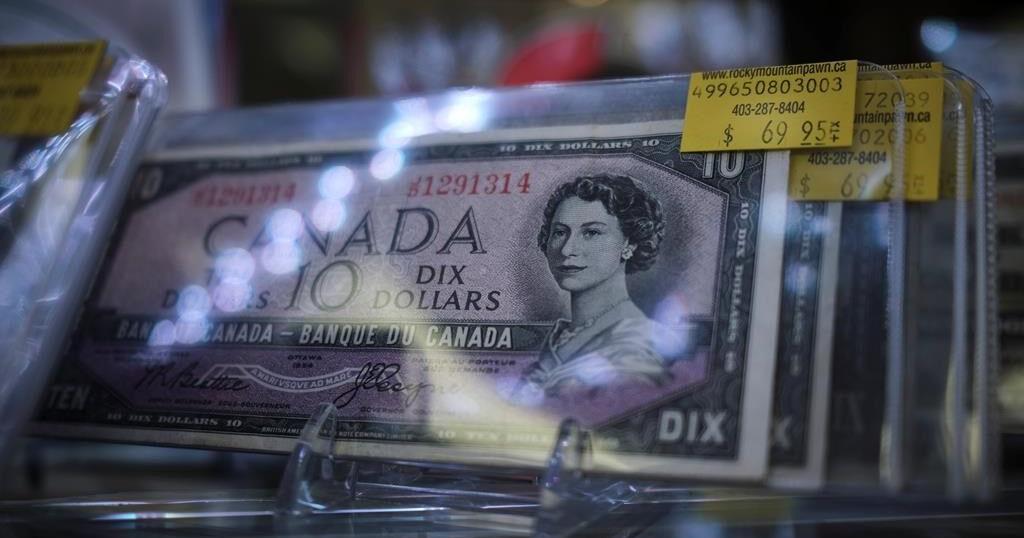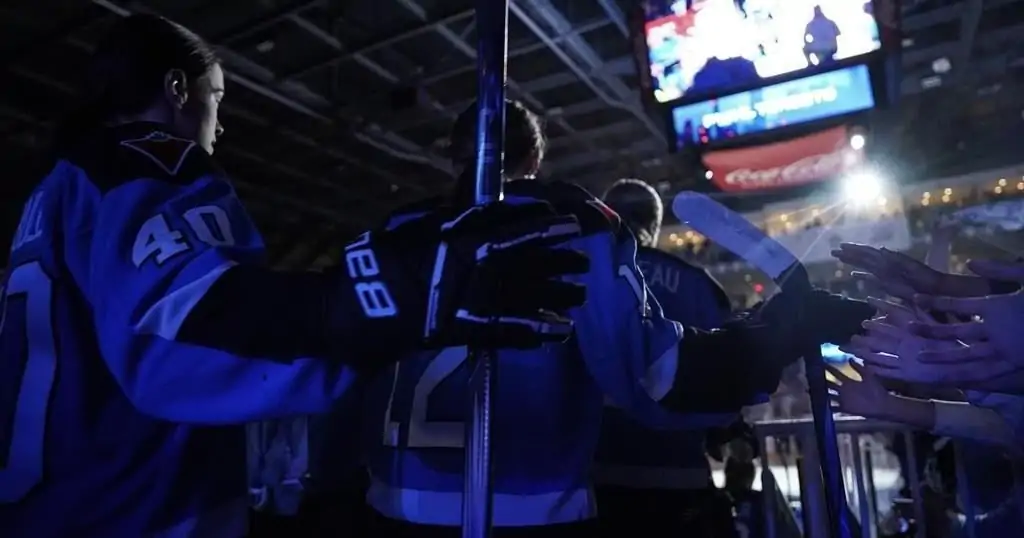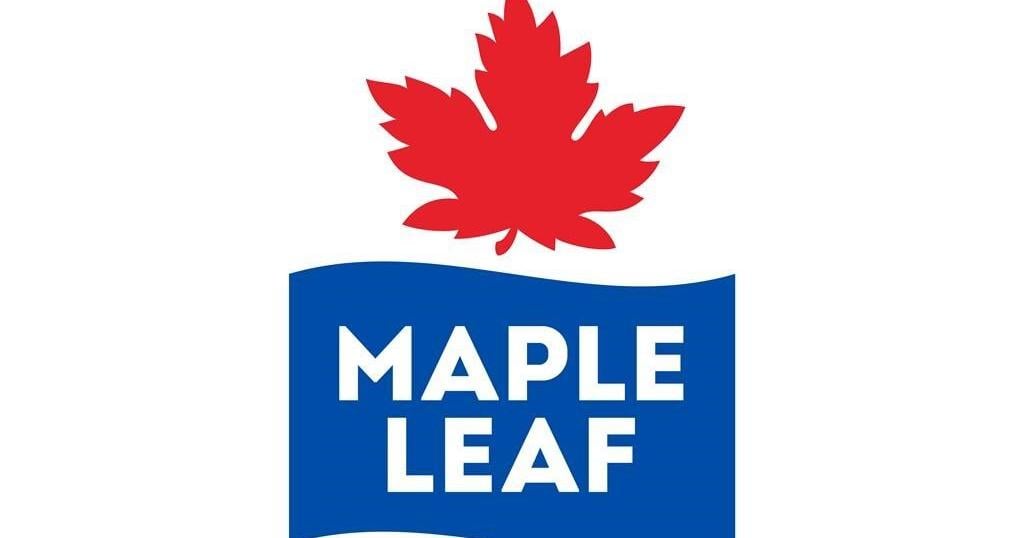Maple Leaf Foods Inc. continued to navigate weaker consumer demand in the third quarter as it looked ahead to the spinoff of its pork business in 2025.
“This environment has a particularly significant impact on a premium portfolio like ours and I want you to know that we are not sitting still waiting for the macro environment to recover on its own,” said CEO Curtis Frank on a call with analysts.
Frank said the company is working to adapt its strategies to consumer demand. As inflation has stabilized and interest rates decline, he said pressure on consumers is expected to ease.
Maple Leaf reported a third-quarter profit of $17.7 million compared with a loss of $4.3 million in the same quarter last year.
The company says the profit amounted to 14 cents per share for the quarter ended Sept. 30 compared with a loss of four cents per share a year earlier. Sales for the quarter totalled $1.26 billion, up from $1.24 billion a year ago.
“At a strategic level … we’re certainly seeing the transitory impacts of an inflation-stressed consumer environment play through our business,” Frank said.
“We are seeing more trade-down than we would like. And we are making more investments to grow our volume and protect our market share than we would like in the moment. But again, we believe that those impacts will prove to be transitory as they have been over the course of history.”
Financial results are improving in the segment as feed costs have stabilized, said Dennis Organ, president, pork complex.
Maple Leaf, which is working to spin off its pork business into a new, publicly traded company to be called Canada Packers Inc. and led by Organ, also said it has identified a way to implement the plan through a tax-free “butterfly reorganization.”
Frank said Wednesday that the new structure will see Maple Leaf retain slightly lower ownership than previously intended.
The company said it continues to expect to complete the transaction next year. However, the spinoff under the new structure is subject to an advance tax ruling from the Canada Revenue Agency and will take longer than first anticipated.
Maple Leaf announced the spinoff in July with a plan to become a more focused consumer packaged goods company, including its Maple Leaf and Schneiders brands.
“The prospect of executing the transaction as a tax-free spin-off is a positive development as we continue to advance our strategy to unlock value and unleash the potential of these two unique and distinct businesses,” Frank said in the news release.
He also said that Maple Leaf is set on delivering profitability for its plant protein business in mid-2025.
“This includes the recent completion of a procurement project aimed at leveraging our purchasing scale,” he said.
On an adjusted basis, Maple Leaf says it earned 18 cents per share in its latest quarter compared with an adjusted profit of 13 cents per share in the same quarter last year.
The results were largely in line with expectations, said RBC analyst Irene Nattel in a note.
Maple Leaf shares were down 4.5 per cent in midday trading on the Toronto Stock Exchange at $21.49.
This report by The Canadian Press was first published Nov. 13, 2024.
Companies in this story: (TSX:MFI)

























